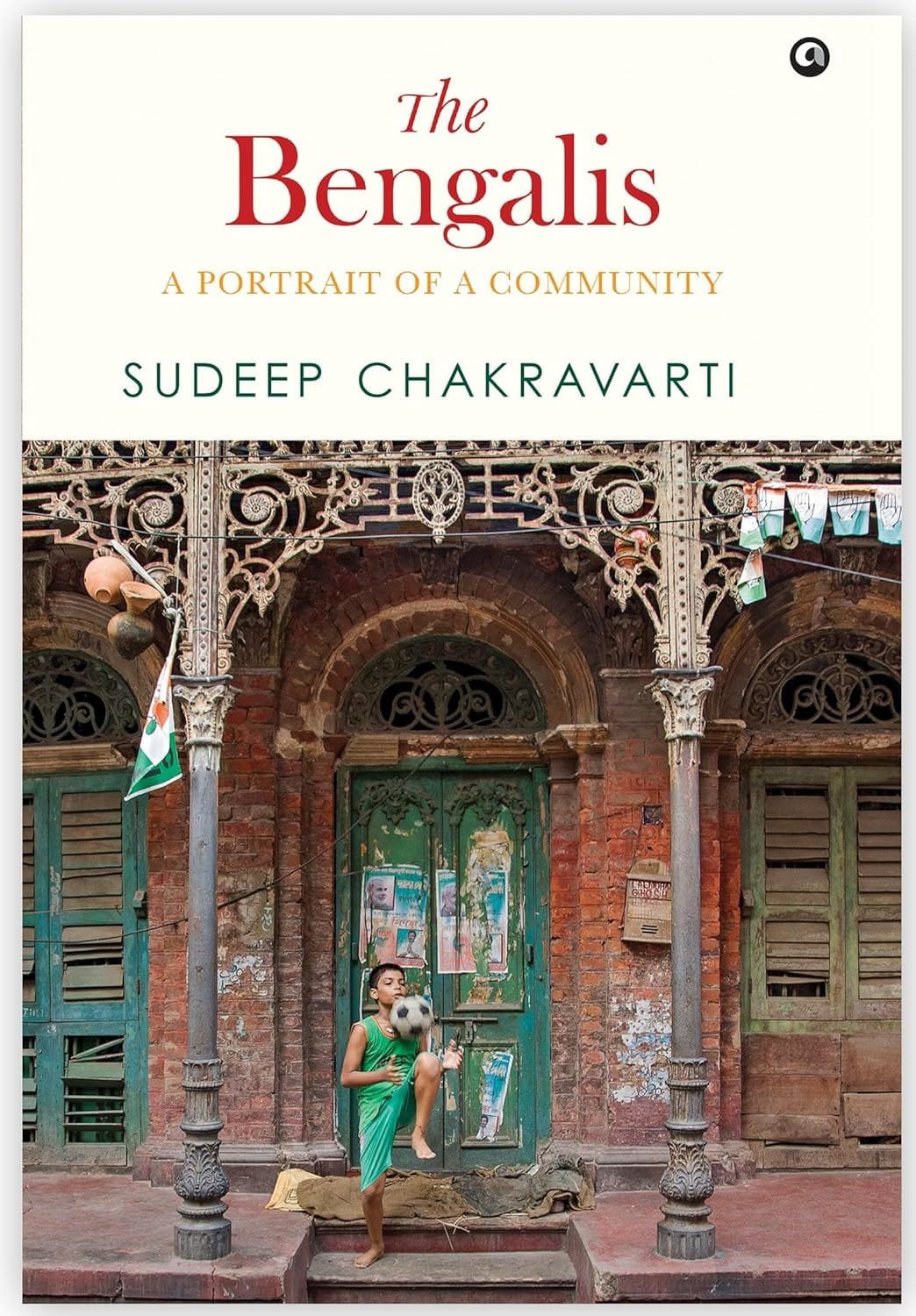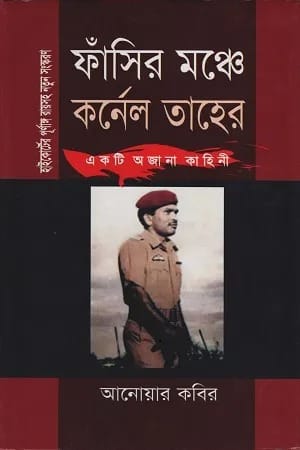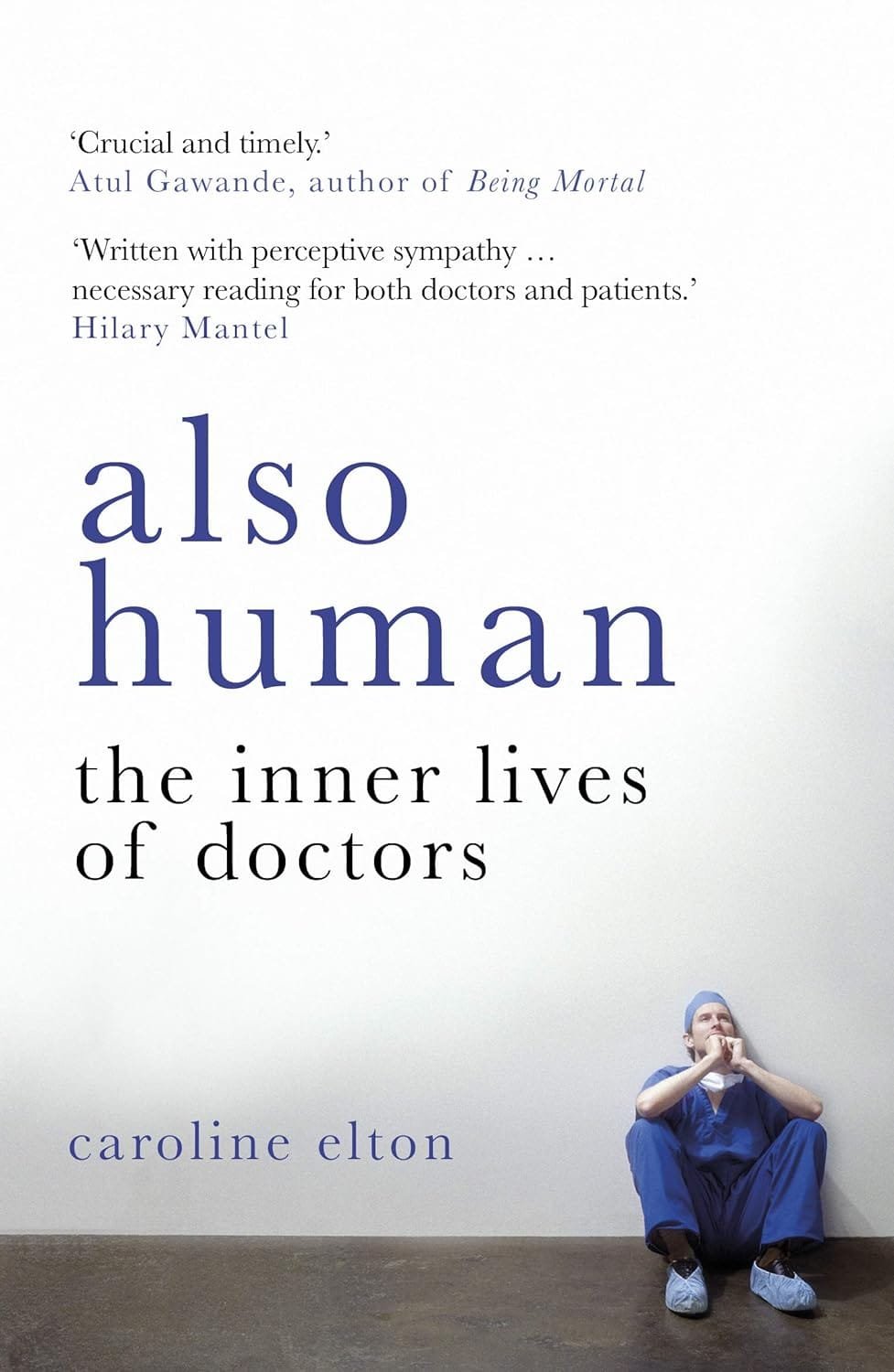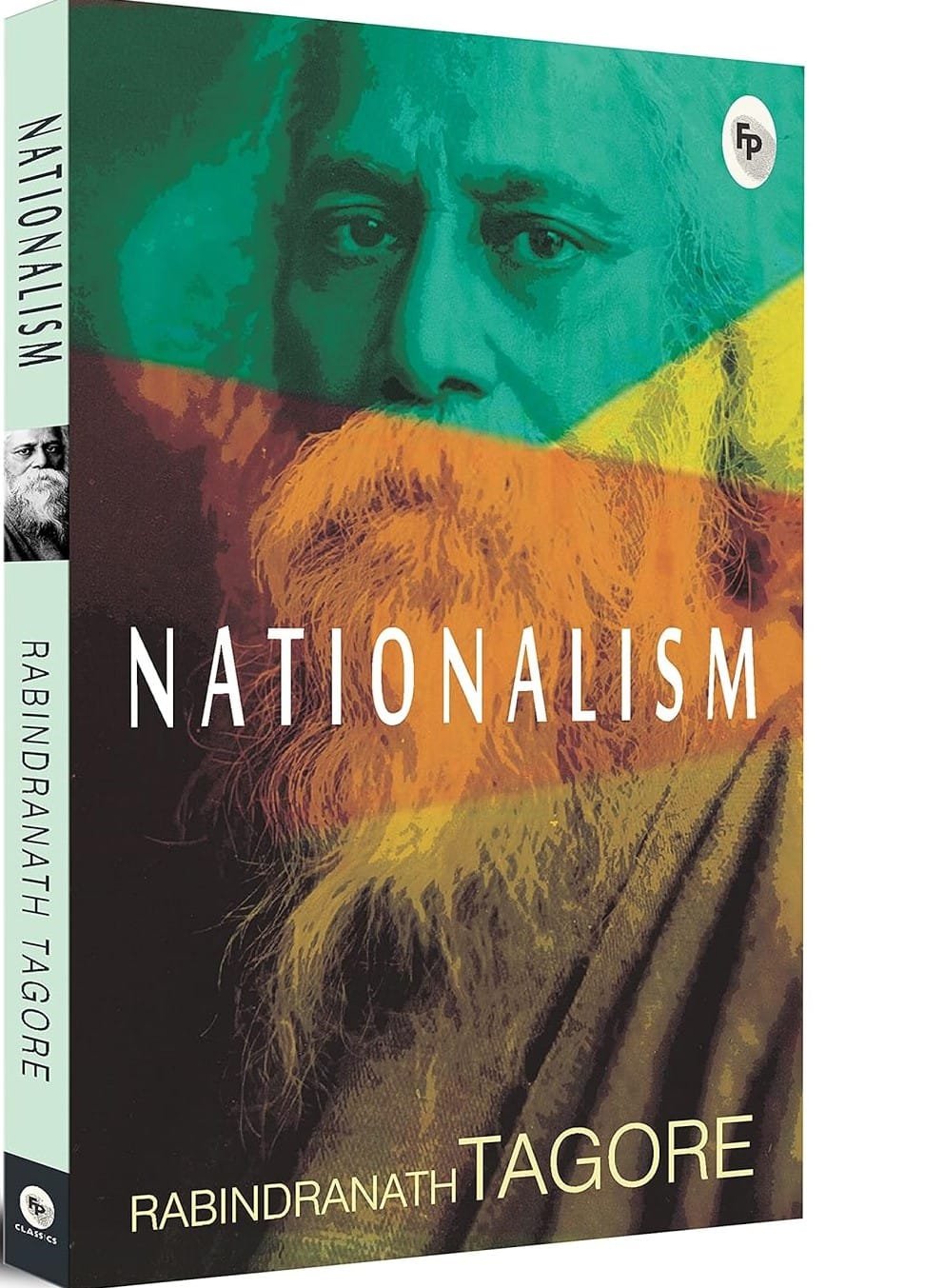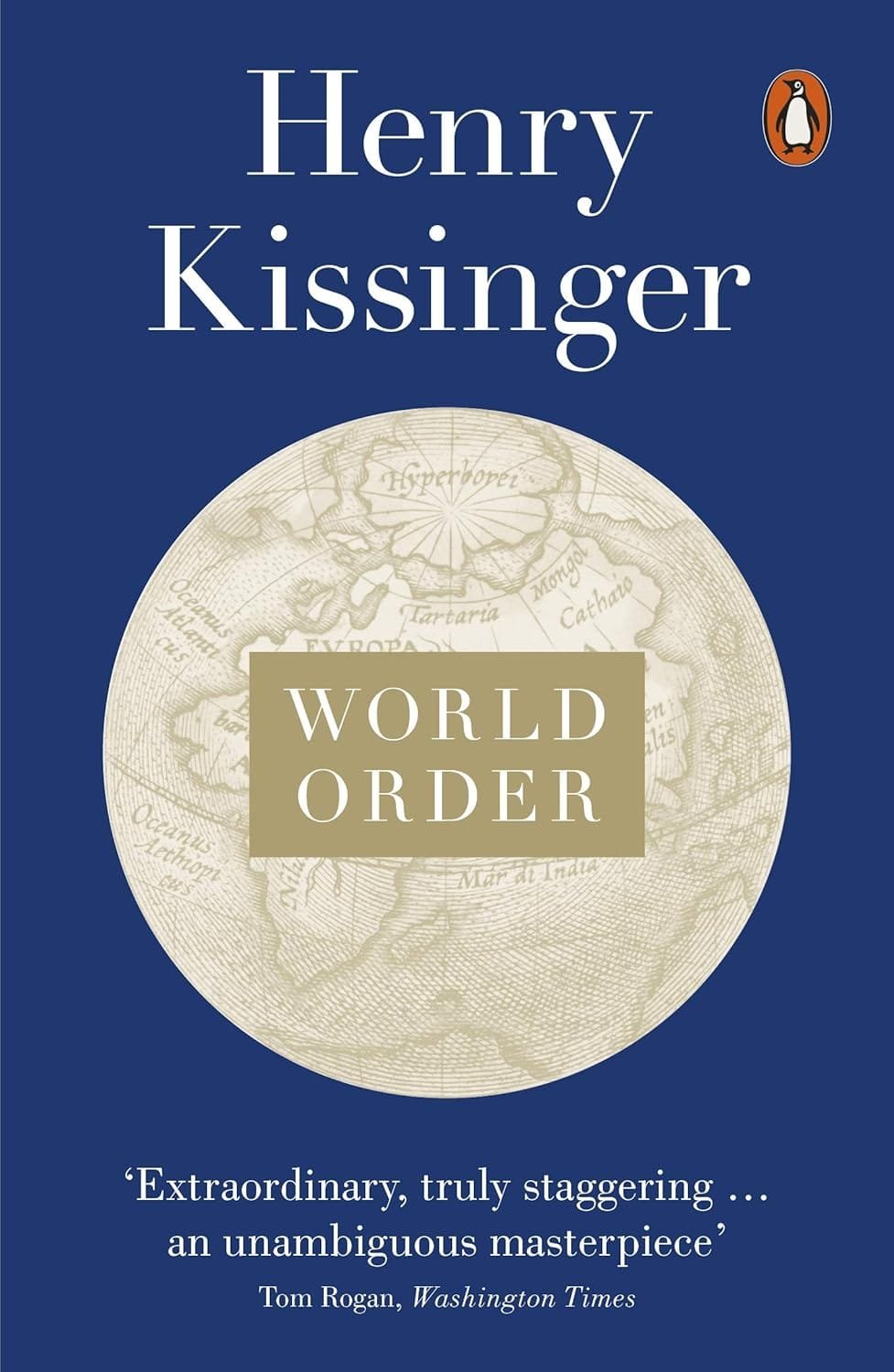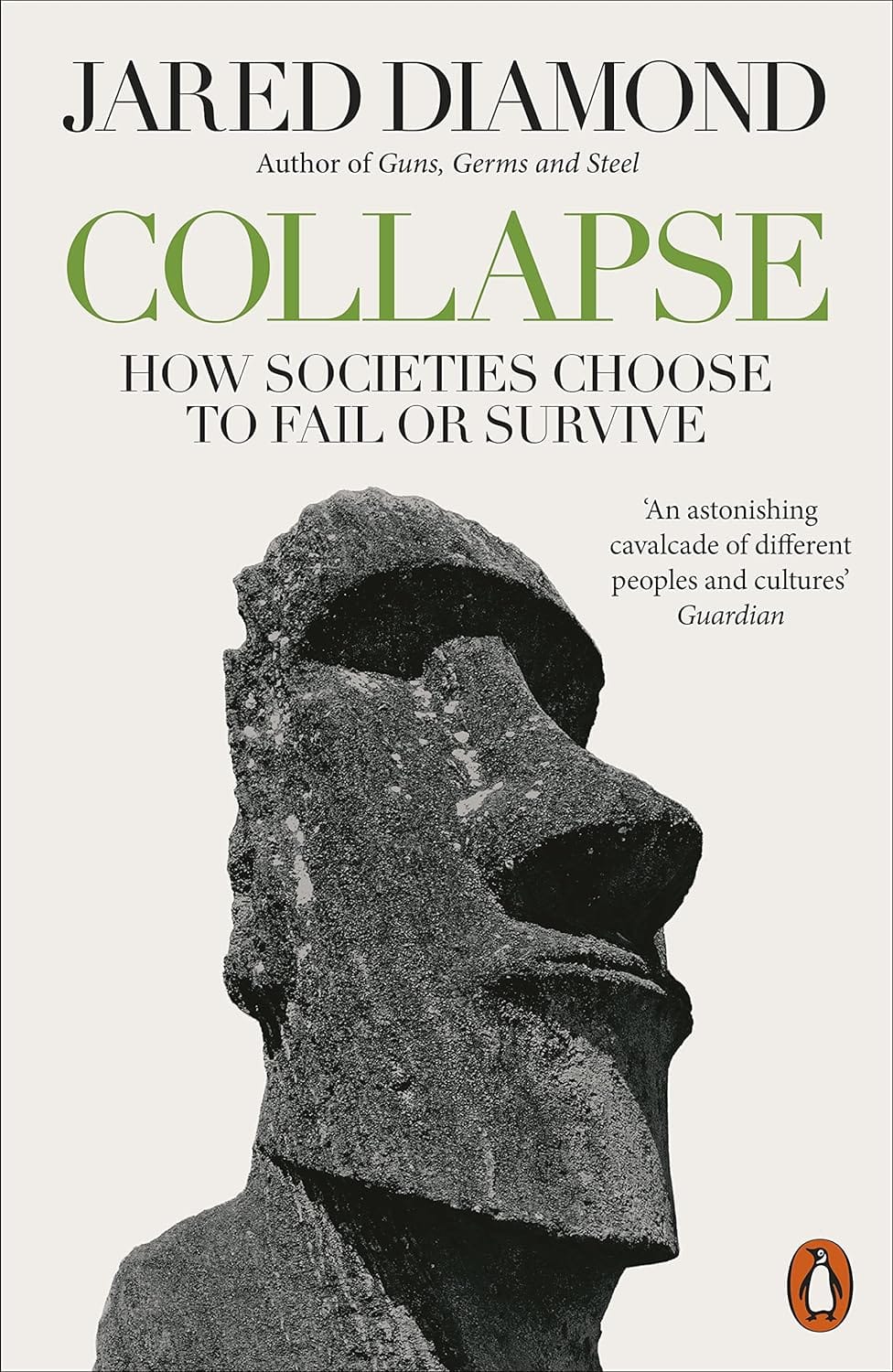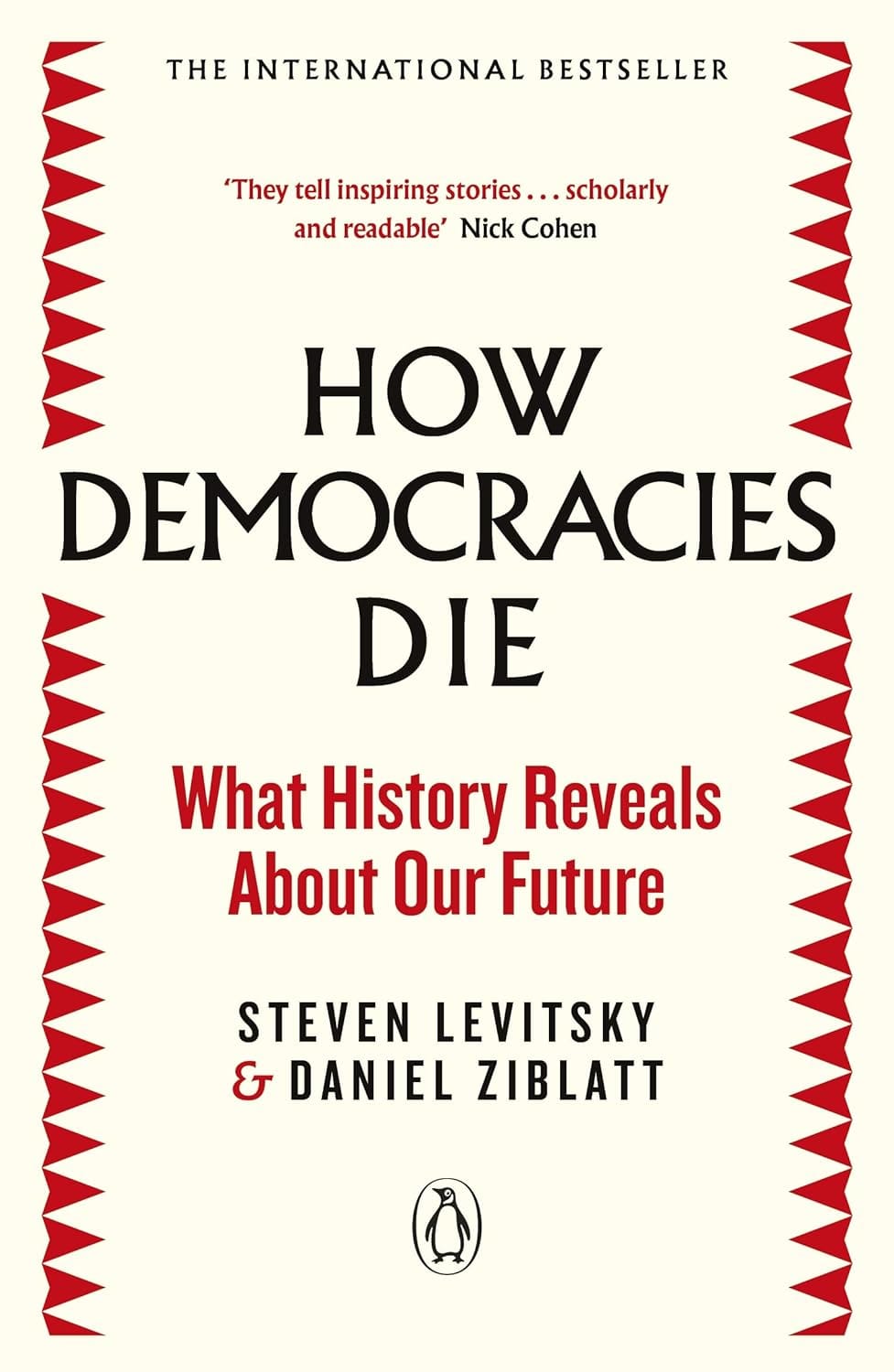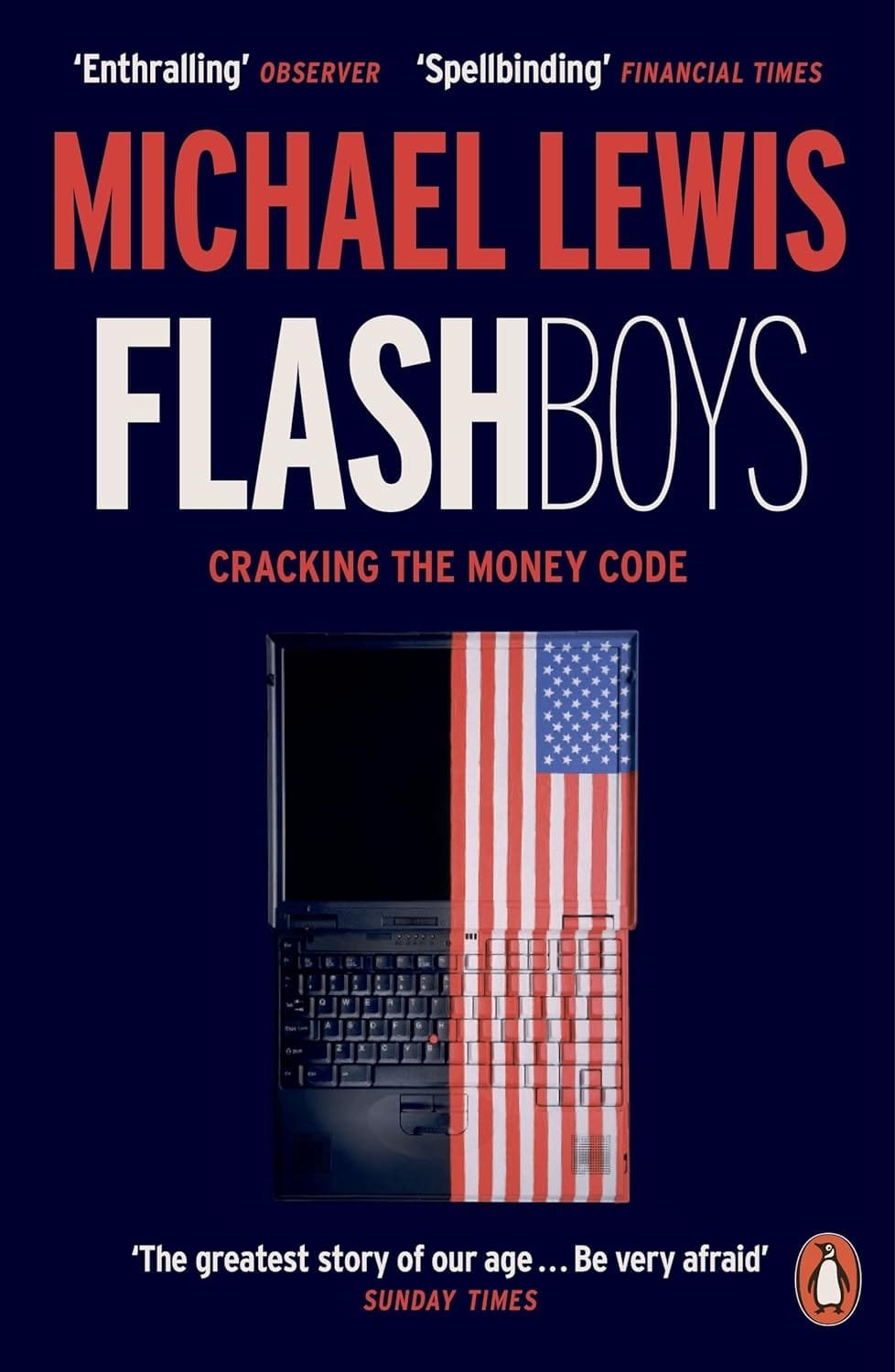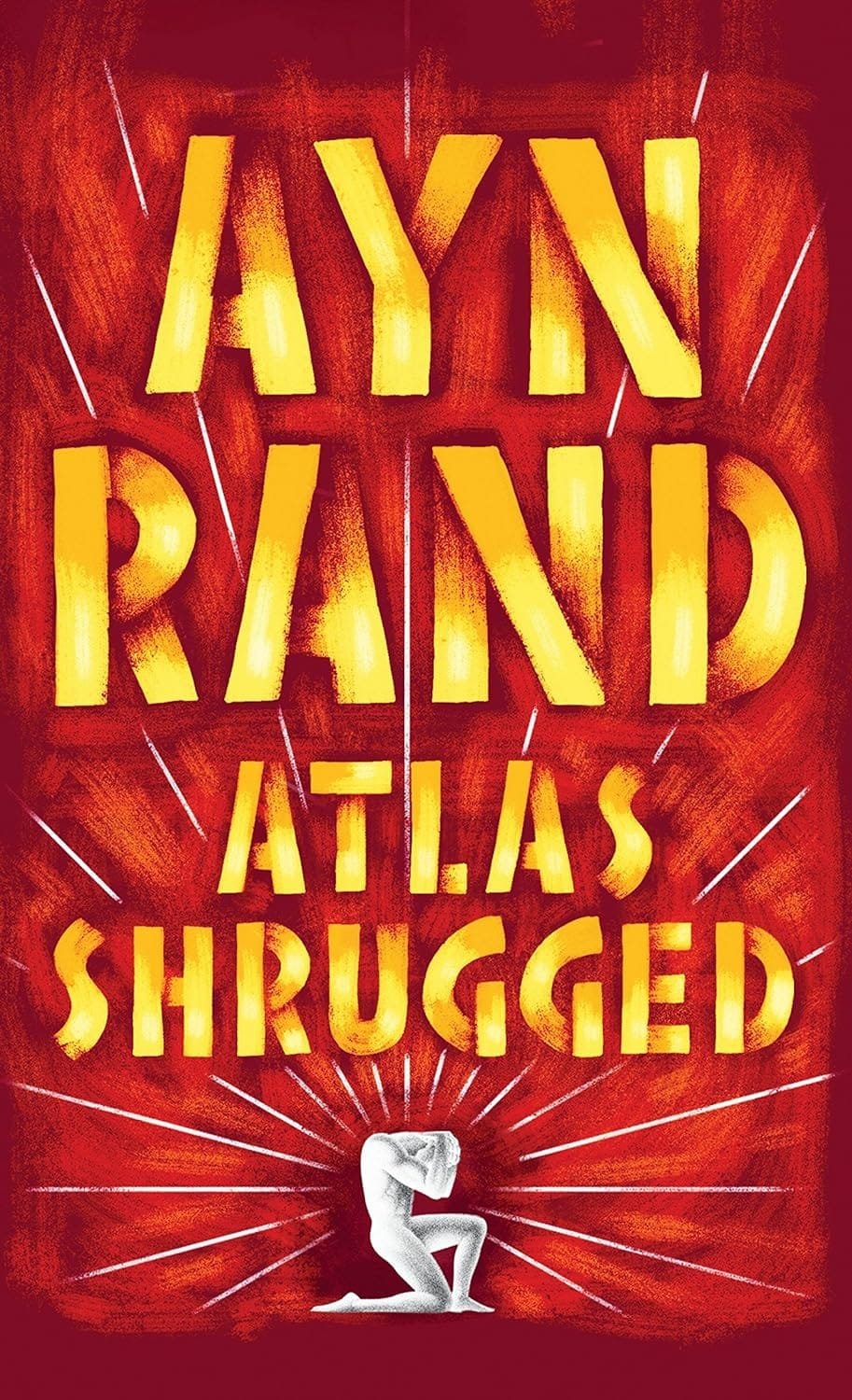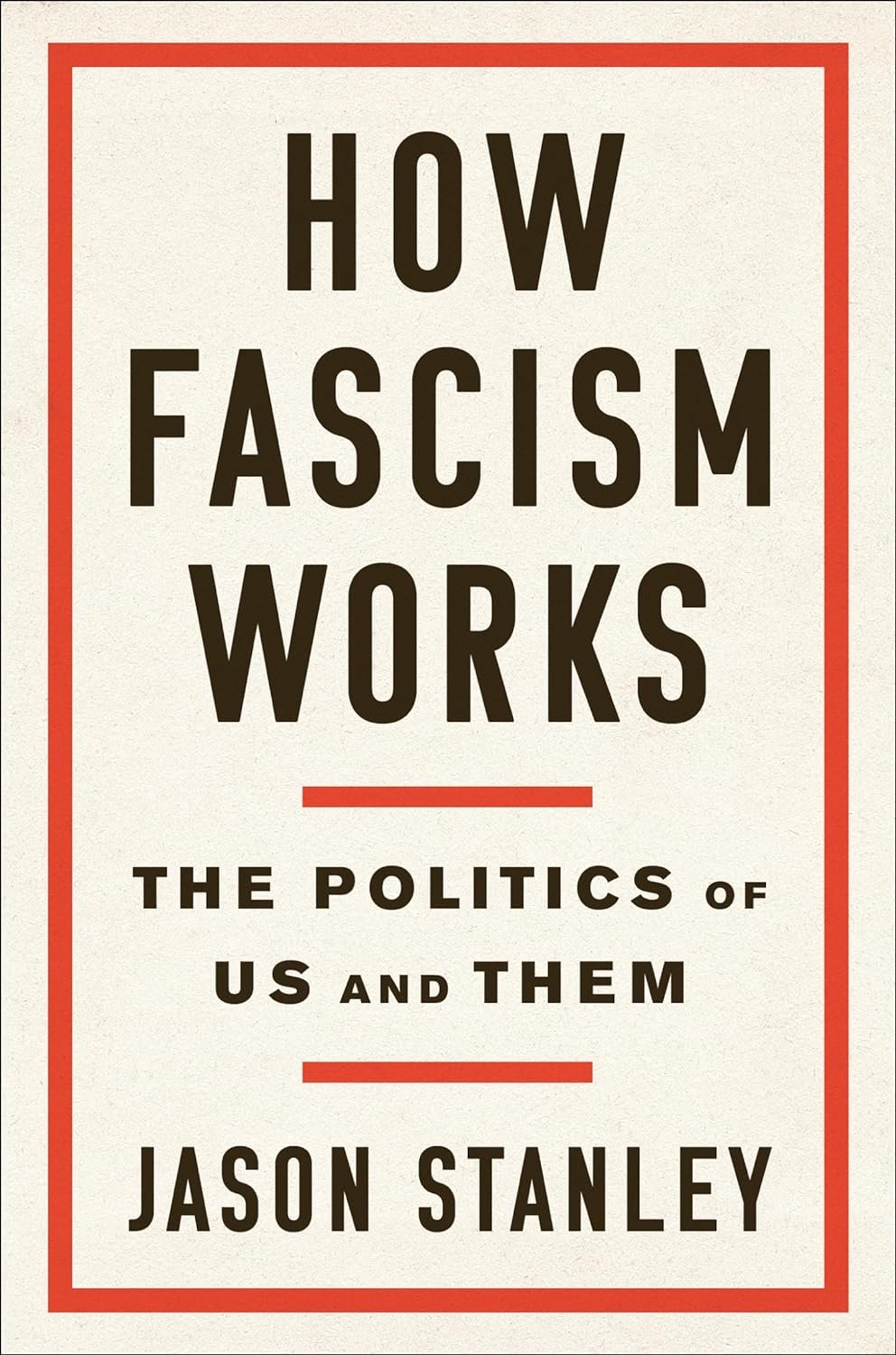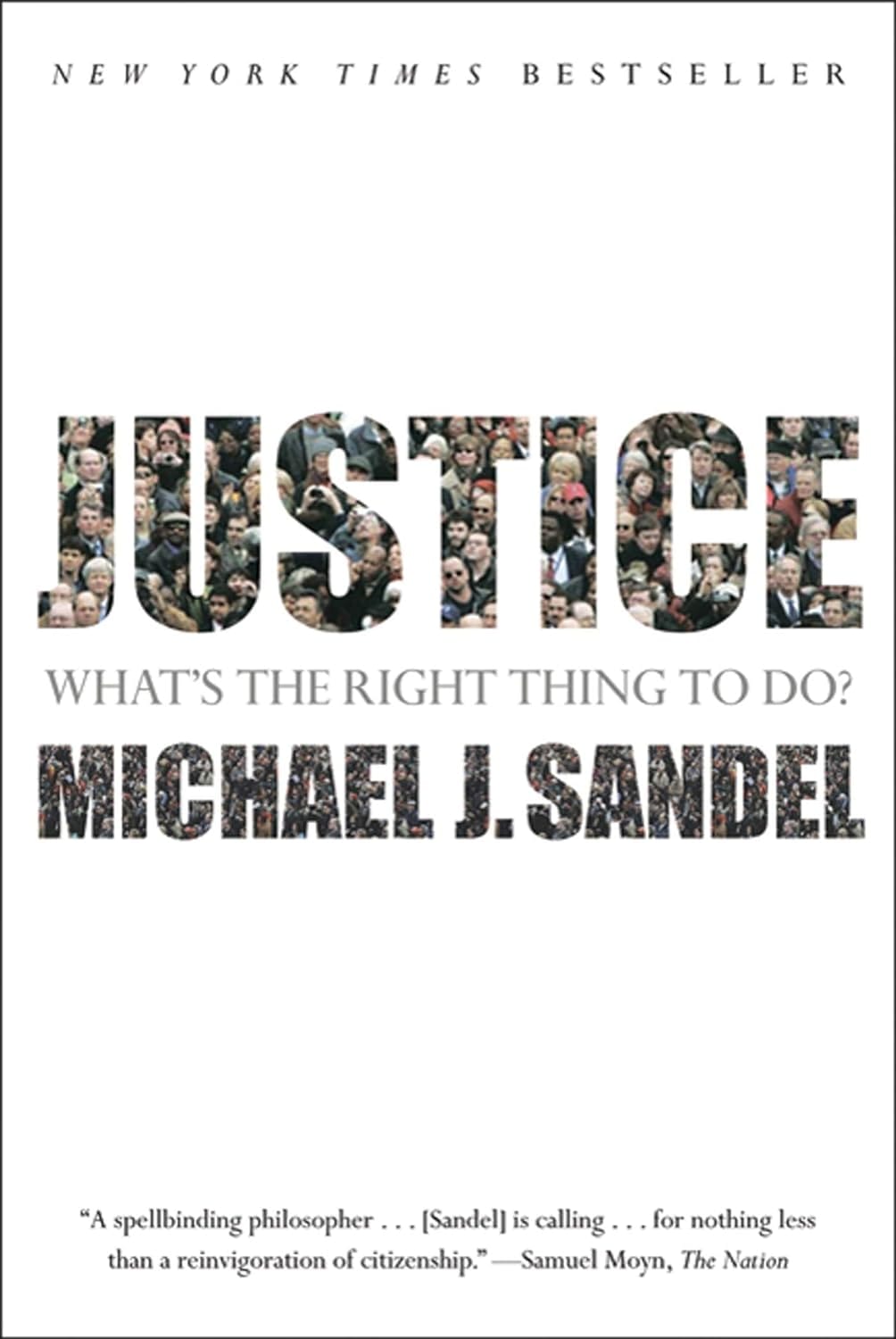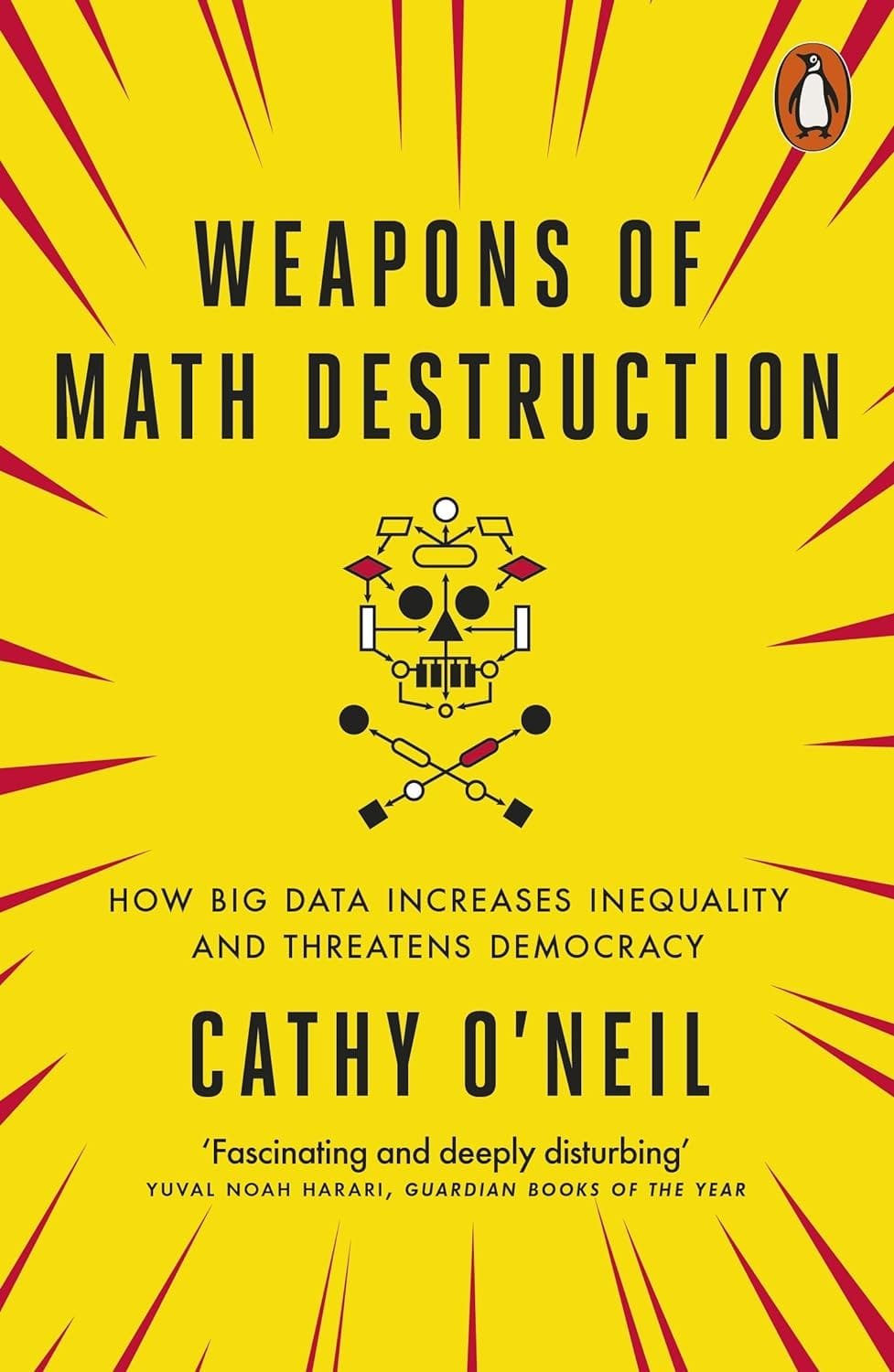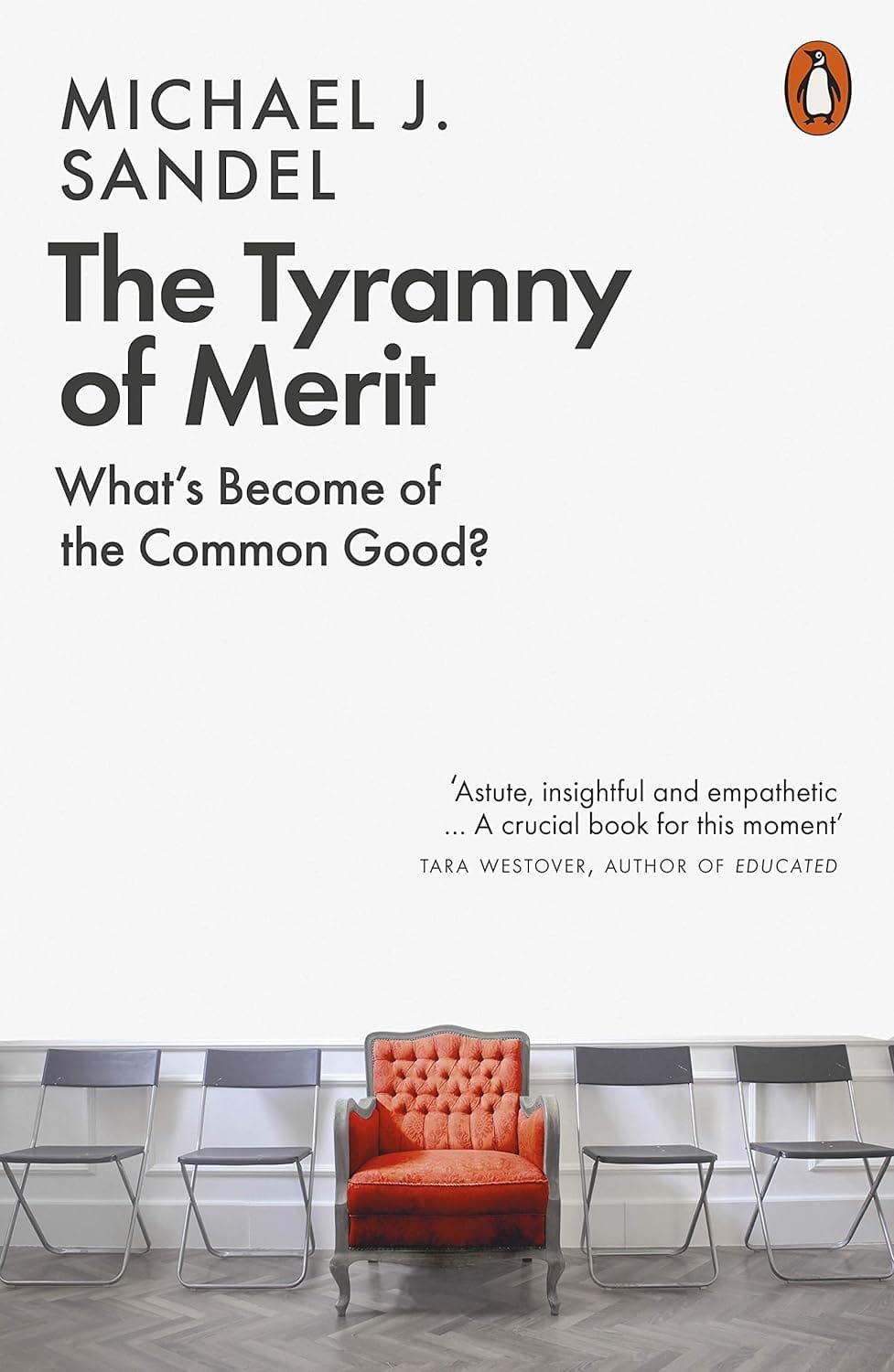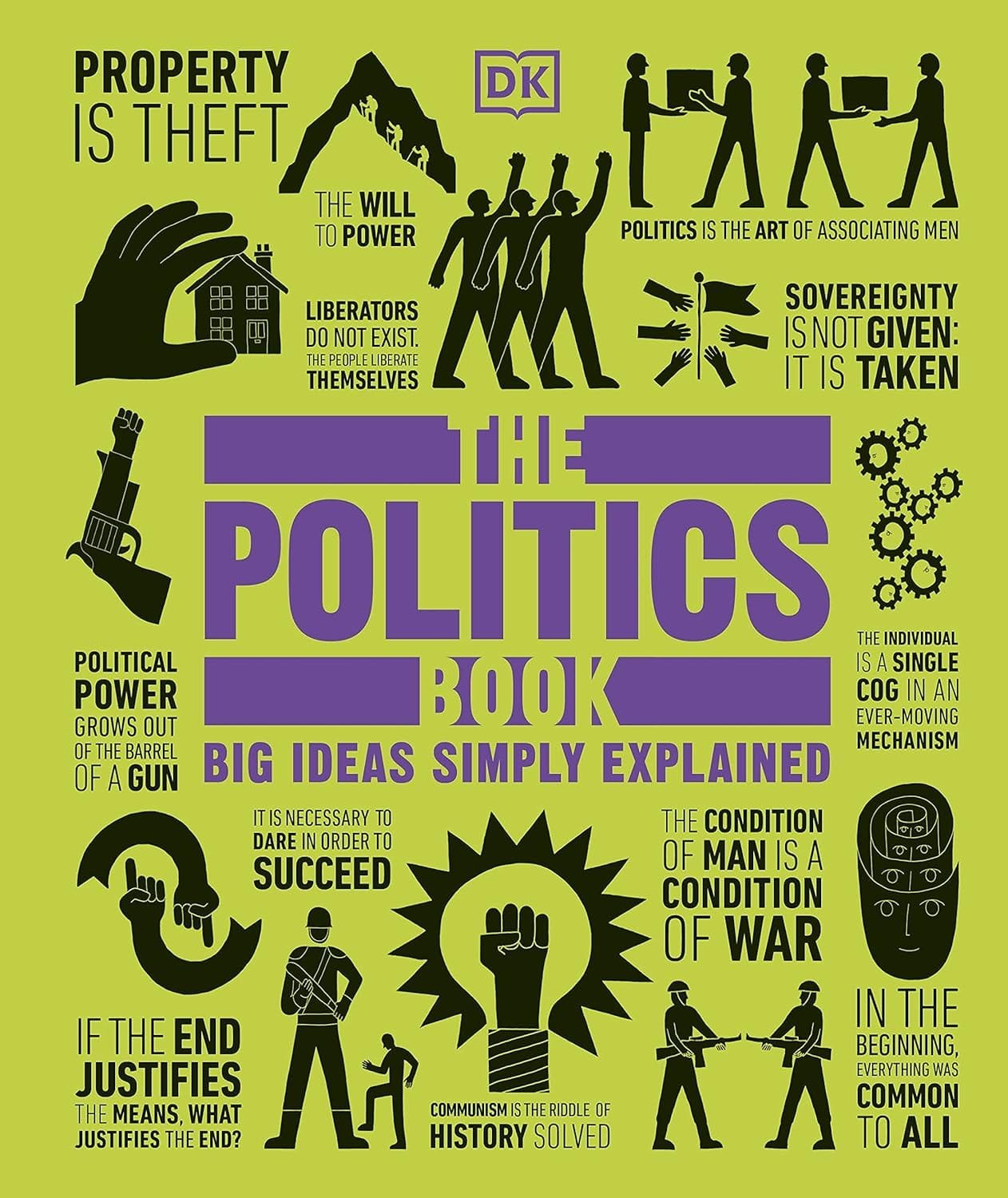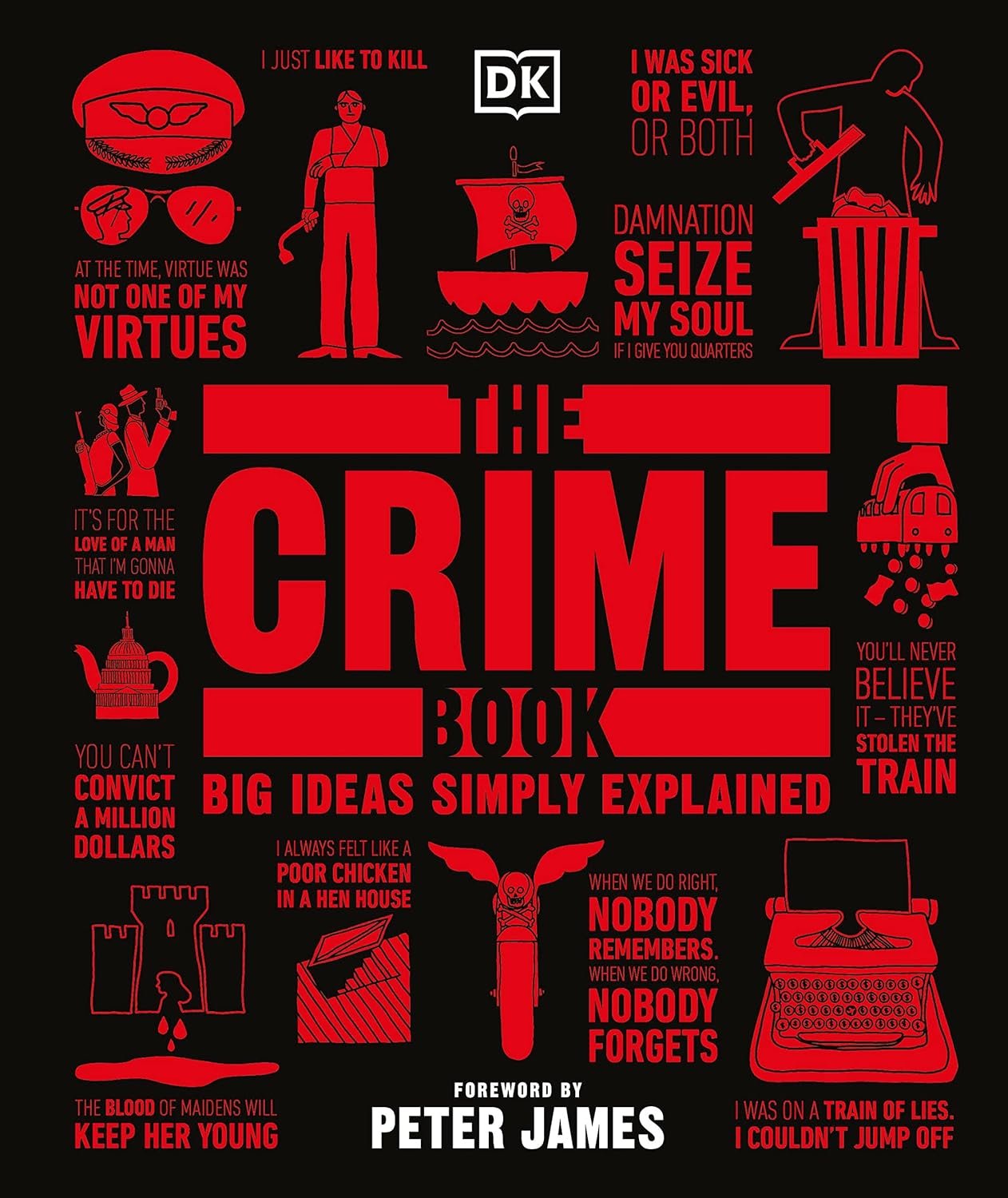Political & Social Science
Books by Language
Filter by price
Books by language
----------------------------
Filter by price
Curricula Books
- ● AS/A Level - Cambridge
- ● AS/A Level - Edexcel
- ● Grade 1
- ● Grade 2
- ● Grade 3
- ● Grade 4
- ● Grade 5
- ● Grade 6
- ● Grade 7
- ● Grade 8
- ● KG 2
- ● Play, Nursery & KG 1
- ● O Level - Cambridge
- ● O Level - Edexcel
- ● প্রাক-প্রাথমিক
- ● প্রথম শ্রেণি
- ● দ্বিতীয় শ্রেণি
- ● তৃতীয় শ্রেণি
- ● চতুর্থ শ্রেণি
- ● পঞ্চম শ্রেণি
- ● ষষ্ঠ শ্রেণি
- ● সপ্তম শ্রেণি
- ● অষ্টম শ্রেণি
- ● নবম-দশম
- ● একাদশ-দ্বাদশ
Exam Books
Faculty & Department Books
- ● Accounting
- ● Anthropology
- ● Apparel Mnf & Tech.
- ● BBA
- ● Bengali
- ● Botany
- ● Chemistry
- ● Computer Science
- ● Economics
- ● Electronics & Communication
- ● Engineering and Technology
- ● English
- ● Fashion Design & Tech.
- ● Finance & Banking
- ● Geography & Environment
- ● History
- ● Home Economics
- ● Hospitality Management
- ● Information Sc. & Library Mgt.
- ● Islamic History & Culture
- ● Islamic Studies
- ● Knitwear Mnf. & Tech.
- ● Law
- ● Management
- ● Marketing
- ● Mathematics
- ● Physics
- ● Political science
- ● Psychology
- ● Public Administration
- ● Social Work
- ● Sociology
- ● Statistics
- ● Zoology
General Categories
Ages
আত্মকথা অথবা সত্যের সন্ধানে
The Bengalis
"The Bengalis," an exploration of the third-largest ethno-linguistic group globally, unfolds a narrative that extends far beyond mere statistics. With a staggering quarter of a billion members, the Bengali community has left an indelible mark on the world stage, boasting three Nobel laureates, distinguished scientists, political visionaries, cinematic legends, and a continuous stream of exceptional writers, philosophers, painters, poets, and musicians. Yet, the author, while acknowledging these achievements, seeks to unravel the enigma of the Bengalis. Steeped in his own Bengali heritage, he adopts an objective lens to present a nuanced and balanced perspective, delving deep into their culture, literature, history, and social intricacies.
India, Bharat and Pakistan
In "India, Bharat and Pakistan," the second installment of the Bharat Trilogy, the narrative initiated by the bestselling precursor, "India That Is Bharat," evolves to explore the intricate interplay of European and Middle Eastern colonial influences on Bharat, the successor state to the Indic civilization. Delving into the origins of the Indian Constitution, the book unfolds a comprehensive examination of Middle Eastern coloniality's impact on Bharat. It meticulously traces the intellectual trajectory of Middle Eastern coloniality from the emergence of Islamic Revivalism in the 1740s, marking the decline of the Mughal Empire and paving the way for the concept of Pakistan, to the culmination of the Khilafat Movement in 1924, a crucial juncture solidifying the path to Pakistan.
ভারতে সন্ত্রাসবাদের আসল চেহারা
"ভারতে সন্ত্রাসবাদের আসল চেহারা" বইটি হিন্দু রাষ্ট্রবাদ, সাম্প্রদায়িক বৈষম্য, জাতীয় বিভাজন, এবং সন্ত্রাসের সমস্যা নিয়ে গবেষণা ও বিশ্লেষণ করে। লেখক এতে বিভিন্ন ঐতিহাসিক ও সামাজিক প্রসঙ্গে বিভিন্ন সন্ত্রাসী দল, তাদের কার্যকারিতা, ও তাদের বিপথে ধরা পড়া ধরন নিয়ে বিস্তারিত আলোচনা করেন। এই বই পড়ার মাধ্যমে পাঠকরা ভারতের সন্ত্রাসবাদের আসল চেহারা সম্পর্কে উপযুক্ত ধারণা পাবেন এবং প্রশ্নগুলির উত্তর খুঁজতে সক্ষম হবেন।
ইলুমিনাতি এজেন্ডা
"ইলুমিনাতি এজেন্ডা" বইটি একটি বিতর্কিত গবেষণা, যেখানে গোপনীয় সংগঠন ইলুমিনাটির সম্পর্কে বিভিন্ন কনস্পিরেসি থিওরি এবং অনুমান নিয়ে আলোচনা করা হয়। বইটি ইলুমিনাটির উৎপত্তি, লক্ষ্য, এবং সংস্কার সম্পর্কে তথ্য প্রদান করে, এবং এর ধারণাগুলির প্রভাব ও পরিণাম নিয়ে আলোচনা করে। সামাজিক, রাজনৈতিক এবং বাণিজ্যিক বিষয়ে ইলুমিনাটির প্রভাব এবং তাদের আসলেই কি লক্ষ্য এবং উদ্দেশ্য সম্পর্কে আলোচনা করা হয়।
THE CLASH OF CIVILIZATIONS AND THE REMAKING OF WORLD ORD
"The Clash of Civilizations and the Remaking of World Order" by Samuel P. Huntington, first published in 1996, presents a provocative thesis that has stirred considerable debate in the realms of international relations and political science. Huntington argues that in the post-Cold War era, global conflicts will primarily be driven by cultural and civilizational differences rather than ideological or economic factors. The book asserts that these clashes will define the future geopolitical landscape, challenging the prevailing notion of a unipolar world order. Huntington identifies several major civilizations, such as the Western, Islamic, Chinese, and Hindu civilizations, each with distinct cultural values, traditions, and historical experiences, and predicts that conflicts will emerge along the fault lines between these civilizations.
বিশ্বরাজনীতির ১০০ বছর
"করোনা পরবর্তী বিশ্বরাজনীতি"। এটি COVID-19 মহামারীর পরে বিশ্ব রাজনীতিতে পরিবর্তন, চ্যালেঞ্জ এবং উন্নয়নকে বোঝায়। এটি আন্তর্জাতিক সম্পর্কের পরিবর্তন, ভূ-রাজনৈতিক গতিশীলতা, জনস্বাস্থ্য নীতি, অর্থনৈতিক কৌশল এবং বিশ্বব্যাপী সমাজ ও অর্থনীতিতে মহামারীর প্রভাবের প্রতিক্রিয়ায় দেশগুলির মধ্যে সহযোগিতার বিষয়ে আলোচনাকে অন্তর্ভুক্ত করতে পারে। অভূতপূর্ব বিশ্ব স্বাস্থ্য সংকটের পরিপ্রেক্ষিতে বৈশ্বিক শাসন ও নীতিনির্ধারণের ক্রমবর্ধমান ল্যান্ডস্কেপ বোঝার জন্য এই বিষয়টি অত্যন্ত গুরুত্বপূর্ণ।
ফাঁসির মঞ্চে কর্নেল তাহের : একটি অজানা কাহিনী
Also Human: The Inner Lives of Doctors
"Also Human: The Inner Lives of Doctors" by Caroline Elton is a compelling exploration of the human side of medicine, offering an insightful and empathetic perspective on the challenges faced by doctors. Drawing on her extensive experience as a psychologist working with medical professionals, Elton delves into the emotional and psychological complexities that physicians encounter in their daily lives. The book goes beyond the technical aspects of medicine to shed light on the personal and professional struggles doctors grapple with, from the pressures of decision-making to the impact of patient outcomes on their well-being.
The Communist Manifesto
"The Communist Manifesto," written by Karl Marx and Friedrich Engels, stands as a seminal and influential political pamphlet published in 1848. This foundational document outlines the principles and goals of the Communist League, urging workers of the world to unite against the oppressive forces of capitalism. Marx and Engels argue that throughout history, societies have been characterized by class struggles, and they predict that the inevitable outcome of the capitalist system would be the revolutionary overthrow of the bourgeoisie by the proletariat. The manifesto passionately calls for the abolition of private property, the establishment of a classless society, and the triumph of communism. Its powerful rhetoric and call for social change have made it a rallying cry for socialist and communist movements worldwide.
My Journey: Transforming Dreams Into Actions
In "My Journey: Transforming Dreams Into Actions," penned by the renowned A. P. J. Abdul Kalam, the reader is granted an intimate glimpse into the life of one of India's most revered personalities. Kalam's narrative unfolds with a backdrop of humble beginnings, where dreams were not mere fantasies but seeds waiting to sprout. The first paragraph of this compelling journey takes us through the corridors of Kalam's childhood, witnessing the genesis of his dreams amid modest surroundings. His narrative is not just a chronicle of personal triumphs but an inspirational saga that captures the essence of perseverance and dedication.
The Essential Ambedkar
"The Essential Ambedkar" by Bhalchandra Mungekar is a collection that likely brings together key writings and speeches of Dr. B.R. Ambedkar, presenting readers with a comprehensive overview of his ideas and philosophy. Bhalchandra Mungekar, a renowned scholar and social activist, has been instrumental in promoting Ambedkar's legacy and advocating for social justice in India. This anthology is a valuable resource, offering insight into Ambedkar's thoughts on caste discrimination, untouchability, and his vision for a democratic and egalitarian society.
The Politics: Aristotle’s Philosophy On “Man” As A “Political Animal”
Aristotle's "Politics" stands as one of the foundational works in political philosophy, providing profound insights into the nature of human beings and the organization of societies. Aristotle begins with a fundamental assertion that human beings are inherently political animals, arguing that our social nature is integral to our identity. He explores the concept of the polis, or the city-state, as the natural and ideal political organization where individuals can achieve the highest form of human flourishing. Aristotle delves into the different types of governments, offering a nuanced analysis of their strengths and weaknesses. From monarchy to democracy, he examines the conditions that lead to the best or worst manifestations of each political system.
Nationalism
World Order: Reflections On The Character Of Nations And The Course Of History
"World Order: Reflections on the Character of Nations and the Course of History" by Henry Kissinger offers a comprehensive analysis of global diplomacy, international relations, and the evolution of world order. Drawing from his vast experience as a former U.S. Secretary of State and a prominent foreign policy strategist, Kissinger explores the complexities of international politics and the challenges facing nations in navigating a rapidly changing world. The book delves into the historical context of different civilizations and their perspectives on world order, emphasizing the interactions between nations, their ambitions, and the intricate balance of power that shapes the global landscape.
Collapse: How Societies Choose To Fail Or Survive
"Collapse: How Societies Choose to Fail or Survive" by Jared Diamond is a thought-provoking exploration into the reasons behind the collapse of ancient and modern societies throughout history. Diamond examines a range of civilizations, from the Maya and Ancestral Puebloans to the Vikings and modern societies, investigating the factors that led to their downfall or resilience. Through extensive research and analysis, Diamond identifies common patterns and environmental, societal, and political factors that contribute to societal collapses. He argues that a society's response to environmental challenges, such as climate change, deforestation, resource depletion, and societal conflicts, greatly influences its fate.
Skin In The Game
"Skin in the Game" by Nassim Nicholas Taleb is a thought-provoking exploration of the concept that individuals should have a personal stake in the outcomes of their decisions and actions. Taleb, a renowned scholar and risk analyst, challenges prevailing notions about accountability and highlights the importance of aligning personal risks with professional or societal responsibilities. The book delves into various domains, from finance and politics to ethics and everyday decision-making, urging individuals to not only have a say but also to face consequences for their choices. Taleb argues that having "skin in the game" is crucial for creating a robust and ethical society, where decision-makers bear the consequences of their actions, fostering a more accountable and resilient system.
The Better Angels Of Our Nature: A History Of Violence And Humanity
"The Better Angels of Our Nature: A History of Violence and Humanity" by Steven Pinker is a monumental work that meticulously examines the decline of violence throughout human history. Pinker, a cognitive scientist and linguist, delves into centuries of historical records and data to make a compelling argument that, despite the prevailing perception of increasing violence, humanity has become less prone to engage in violent behavior over time. The book explores the factors and cultural shifts that have contributed to this decline, ranging from the development of organized states and the spread of Enlightenment ideals to the expansion of empathy and the influence of communication technologies. Pinker's interdisciplinary approach, drawing on psychology, sociology, and history, challenges conventional wisdom and invites readers to reconsider their assumptions about the innate nature of humans.
The Basic Laws Of Human Stupidity: The International Bestseller
"The Basic Laws of Human Stupidity" by Carlo M. Cipolla is a concise yet thought-provoking exploration of human behavior and decision-making, particularly focusing on the concept of stupidity. Originally an essay, the book has gained international acclaim for its insightful and humorous take on the irrational actions and choices people make. Cipolla introduces a simple yet powerful classification system that categorizes individuals into four groups: the helpless, the intelligent, the bandit, and the stupid. Through witty anecdotes and clever analysis, Cipolla explores the impact of stupidity on various aspects of society, from personal relationships to politics and economics. The book challenges readers to reflect on their own behaviors and the behaviors of those around them, offering a lens through which to understand the often perplexing dynamics of human interaction.
How Democracies Die
"How Democracies Die" by Steven Levitsky and Daniel Ziblatt is a thought-provoking exploration of the factors that contribute to the decline of democratic systems. The authors, both political scientists, draw on historical and contemporary examples to analyze the erosion of democratic norms and institutions. Levitsky and Ziblatt argue that democracies are more likely to fail from within, as opposed to external threats, and they identify warning signs and patterns that indicate a weakening of democratic principles. Through insightful case studies, the book examines the role of political elites, the media, and the general public in either preserving or undermining democratic norms. The authors make a compelling case for the importance of institutional safeguards and bipartisan commitment to democratic values to ensure the survival and health of democratic governance.
Flash Boys
"Flash Boys: A Wall Street Revolt" by Michael Lewis is a riveting exposé that sheds light on the secretive and high-stakes world of high-frequency trading (HFT) in the U.S. stock market. Lewis, known for his captivating storytelling and in-depth investigative journalism, unravels the complexities of HFT and its impact on financial markets. The book follows the journey of a group of Wall Street outsiders, led by Brad Katsuyama, who set out to expose the unfair advantages enjoyed by high-frequency traders and level the playing field for investors. Lewis skillfully demystifies the technological arms race and intricate algorithms employed by these traders, revealing the hidden risks and consequences for the broader financial system.
This Changes Everything: Capitalism Vs. The Climate
"This Changes Everything: Capitalism vs. The Climate" by Naomi Klein is a compelling and urgent exploration of the intricate relationship between capitalism and climate change. Klein contends that the roots of the climate crisis lie in the economic and political structures of capitalism, and she makes a powerful argument for reimagining and transforming our economic systems to address the impending environmental catastrophe. The book critiques the prevailing approach of market-driven solutions and emphasizes the need for a comprehensive shift in societal values and policies to effectively combat climate change. Klein's narrative weaves together environmental science, economic analysis, and social justice considerations, providing a comprehensive perspective on the challenges and opportunities presented by the climate crisis.
Manufacturing Consent: The Political Economy Of The Mass Media
"Manufacturing Consent: The Political Economy of the Mass Media," co-authored by Edward S. Herman and Noam Chomsky, stands as a seminal work that critically examines the role of mass media in shaping public opinion and maintaining the status quo. Published in 1988, the book introduces the "propaganda model," asserting that media outlets, despite claims of objectivity, serve the interests of powerful elites and the political and economic establishment. Chomsky and Herman argue that corporate ownership, advertising revenue, and reliance on official sources contribute to a system where media functions as a tool for manufacturing consent, promoting narratives that align with the interests of those in power.
Caste: The Lies That Divide Us: The International Bestseller
Isabel Wilkerson's "Caste: The Lies That Divide Us" is a powerful exploration of the hidden social structures that shape societies and individuals. Drawing on extensive research and historical analysis, Wilkerson exposes the deep-rooted system of caste in the United States, drawing parallels with the caste systems of India and Nazi Germany. Through compelling narratives and thought-provoking insights, she unveils the enduring impact of caste on social hierarchies, systemic discrimination, and the daily experiences of individuals. The book challenges readers to confront uncomfortable truths about their societies and consider how the invisible forces of caste shape lives, opportunities, and the pursuit of justice. "Caste" has resonated globally as an international bestseller, sparking crucial conversations about dismantling oppressive systems and fostering a more inclusive and equitable world.
Invisible Women: Exposing Data Bias In A World Designed For Men
"Invisible Women" by Caroline Criado Perez is a thought-provoking exploration of the gender data gap and its profound implications on women's lives. Perez meticulously unveils how a lack of gender-disaggregated data has resulted in systemic biases that permeate various aspects of society, from urban planning and healthcare to technology and the economy. Through extensive research and compelling examples, the author demonstrates how the default male perspective in data collection has led to the neglect of women's needs and experiences. The book serves as a wake-up call, revealing the hidden ways in which women are often overlooked or marginalized due to data that doesn't adequately represent their diverse realities.
Blink: The Power Of Thinking Without Thinking
"Blink: The Power of Thinking Without Thinking" is a thought-provoking book by Malcolm Gladwell that explores the intriguing concept of rapid cognition and the power of intuitive thinking. Gladwell delves into the idea that snap judgments and quick decisions, often made in the blink of an eye, can be surprisingly accurate and effective. Drawing on a diverse range of examples from various fields such as psychology, neuroscience, and decision-making, Gladwell uncovers the cognitive processes that underlie our ability to make split-second decisions. He contends that, in certain situations, our subconscious mind can process complex information and arrive at insightful conclusions more efficiently than a prolonged and deliberate thought process.
A Promised Land
"A Promised Land" by Barack Obama is a compelling and introspective memoir that offers readers a firsthand account of the former President's early political career and his first term in the White House. Released in 2020, this substantial work reflects Obama's eloquence and thoughtful analysis as he reflects on his journey from a young community organizer to the leader of the free world. The memoir delves into the complexities of presidential decision-making, the challenges of navigating a polarized political landscape, and the weight of responsibility that comes with the highest office. Beyond the political narrative, Obama shares personal anecdotes, offering readers a glimpse into the human side of his presidency, including moments of triumph and introspection.
Churchill: Walking With Destiny
"Walking with Destiny" by Andrew Roberts is a comprehensive biography that offers a detailed and insightful exploration of the life of Winston Churchill. Roberts, a renowned historian, delves into the complex character of one of the 20th century's most iconic figures, providing a nuanced portrayal of Churchill's leadership during critical moments in history, particularly World War II. The biography not only captures the strategic brilliance and indomitable spirit that defined Churchill's wartime leadership but also delves into his personal struggles, political career, and literary achievements. Roberts draws on a wealth of archival material, personal letters, and interviews to present a well-rounded and engaging narrative that highlights Churchill's impact on the world stage and his enduring legacy.
Team Of Rivals
"Team of Rivals: The Political Genius of Abraham Lincoln" by Doris Kearns Goodwin is a masterfully crafted historical biography that delves into the leadership style and political acumen of one of America's greatest presidents. Goodwin examines Abraham Lincoln's remarkable ability to assemble and manage a cabinet comprised of his political rivals during a critical time in U.S. history—the Civil War era. The book provides a nuanced and insightful exploration of Lincoln's leadership qualities, demonstrating how he harnessed the diverse talents and perspectives of his cabinet members, turning potential adversaries into valuable allies. Goodwin's narrative is rich with historical detail, drawing on extensive research to paint a vivid picture of the personalities, challenges, and triumphs that characterized Lincoln's presidency.
Atlas Shrugged
"Atlas Shrugged" by Ayn Rand is a philosophical and political epic that has left an indelible mark on literature and shaped the thinking of many individuals. Published in 1957, this magnum opus explores Rand's philosophy of Objectivism, emphasizing individualism, rational self-interest, and laissez-faire capitalism. The novel unfolds in a dystopian world where society is on the brink of collapse due to government intervention and collectivism. Through the narrative's central characters, particularly the enigmatic figure of John Galt, Rand articulates her vision of a society where individual achievement and productivity are celebrated, and the consequences of stifling innovation and creativity are starkly depicted. "Atlas Shrugged" has been both praised and criticized for its uncompromising advocacy of individualism, but its influence on political and philosophical discourse cannot be denied.
How Fascism Works
In "How Fascism Works: The Politics of Us and Them," Jason Stanley provides a penetrating analysis of the mechanisms and tactics employed by fascist leaders to consolidate power and undermine democratic institutions. Drawing on historical examples and contemporary political developments, Stanley identifies key elements of fascist ideology, such as the cultivation of a mythic past, the use of propaganda, the manipulation of language, and the creation of a divisive "us versus them" narrative. The book serves as a sobering reminder of the fragility of democratic societies and the insidious ways in which fascist ideologies can take root and spread. Stanley's insightful examination encourages readers to critically assess political rhetoric and recognize the warning signs of fascist tendencies in order to safeguard democratic values.
Justice Whats The Right Thing To Do
"Justice: What's the Right Thing to Do?" by Michael J. Sandel is a compelling exploration of ethical principles and moral dilemmas central to the concept of justice. Drawing on classical philosophy, modern political theory, and real-world examples, Sandel encourages readers to engage in critical reflections on fundamental questions surrounding justice, fairness, and the common good. The book is an intellectually stimulating journey that challenges readers to confront the complexities of decision-making in the realm of justice, using accessible language and compelling storytelling. With its focus on applying philosophical concepts to contemporary issues, "Justice" becomes a relevant and engaging guide for anyone interested in ethical reasoning and understanding the principles that shape a just society.
Weapons Of Math Destruction: How Big Data Increases Inequality And Threatens Democracy
"Weapons of Math Destruction: How Big Data Increases Inequality and Threatens Democracy" by Cathy O'Neil is a compelling exploration of the dark side of big data and algorithmic decision-making. O'Neil, a former data scientist, delves into the ways in which mathematical models, when improperly wielded, can reinforce and exacerbate social inequalities. Through insightful examples and real-world cases, she illustrates how algorithms can lead to destructive outcomes, impacting various aspects of society, from education and employment to criminal justice. O'Neil argues that these "weapons of math destruction" are not neutral tools but can embed and perpetuate biases, amplifying existing societal disparities and threatening the principles of fairness and democracy.
The Tyranny of Merit: What’s Become of the Common Good?
In "The Tyranny of Merit: What's Become of the Common Good," philosopher and political theorist Michael J. Sandel presents a compelling critique of the meritocratic ideals that have come to dominate contemporary societies. Sandel argues that the emphasis on meritocracy, the idea that social and economic rewards should be based on individual talent and effort, has led to a deepening divide between the winners and losers in our societies. The book explores how the rhetoric of meritocracy has contributed to a sense of superiority among the successful and a sense of humiliation among those who feel left behind. Sandel challenges the notion that success is solely a result of individual merit and calls for a reevaluation of our understanding of success, acknowledging the role of luck and social factors in shaping people's life outcomes.
The Prince
"The Prince" by Niccolò Machiavelli is a seminal work of political philosophy that has left an indelible mark on the understanding of power and governance. Written in the early 16th century, Machiavelli's treatise provides a pragmatic and unapologetic analysis of political leadership, presenting a guidebook for rulers on the art of acquiring and maintaining power. The book reflects the turbulent political landscape of Renaissance Italy, and Machiavelli's observations are both shrewd and controversial. Machiavelli dispenses with idealistic notions of rulership, asserting that the ends justify the means. His famous assertion that it is better for a ruler to be feared than loved encapsulates his realpolitik approach, emphasizing the importance of practicality and effectiveness in political maneuvering.
The Politics Book: Big Ideas Simply Explained
"The Politics Book: Big Ideas Simply Explained" by DK is a comprehensive and accessible exploration of the complex world of politics, offering readers an insightful journey through the key ideas, theories, and historical events that have shaped political thought. Part of DK's renowned "Big Ideas Simply Explained" series, this book covers a wide range of political topics, from political philosophy and ideologies to international relations and governance structures. With its visually engaging format, featuring timelines, charts, and illustrations, the book caters to a diverse audience, including students, political enthusiasts, and general readers seeking a deeper understanding of the political landscape.
The Black History Book (Big Ideas): Big Ideas Simply Explained
"The Black History Book (Big Ideas): Big Ideas Simply Explained" by DK is a compelling and comprehensive exploration of the rich tapestry of Black history, presenting key ideas and events that have shaped the African diaspora over centuries. As part of DK's esteemed "Big Ideas Simply Explained" series, this book skillfully distills complex historical narratives into an accessible format, making it an invaluable resource for readers seeking a deeper understanding of the significant contributions, struggles, and triumphs of Black individuals and communities. Covering a wide range of topics, from ancient civilizations to the contemporary challenges and achievements, the book offers a nuanced perspective on the diverse experiences of Black people around the world.
The Crime Book: Big Ideas Simply Explained
"The Crime Book: Big Ideas Simply Explained" by DK is a captivating exploration of the world of crime and criminal justice, offering a comprehensive and accessible guide to the key ideas, cases, and theories that shape this complex field. Through a visually compelling format featuring timelines, illustrations, and concise explanations, the book delves into the history of crime, famous criminal cases, forensic techniques, and the evolution of law enforcement. The book covers a broad spectrum, from notorious historical crimes to contemporary issues in criminal justice, making it an engaging resource for both true crime enthusiasts and those seeking a deeper understanding of criminology.
The Sociology Book: Big Ideas Simply Explained
"The Sociology Book: Big Ideas Simply Explained" by DK is a comprehensive and visually compelling guide that unravels the complexities of sociology, making key sociological concepts accessible to a wide audience. Through a blend of engaging visuals, timelines, and clear explanations, the book takes readers on a journey through the foundational theories, methods, and thinkers that have shaped the discipline. From the classical theories of Karl Marx, Emile Durkheim, and Max Weber to contemporary issues such as globalization and social media, the book covers a diverse range of topics, providing a well-rounded exploration of the sociological landscape.
The Feminism Book: Big Ideas Simply Explained
"The Feminism Book: Big Ideas Simply Explained," a collaboration between DK and environmentalist Tony Juniper, delivers a thought-provoking and visually engaging exploration of feminism's multifaceted landscape. Through a combination of clear narratives, compelling illustrations, and succinct explanations, the book traces the historical evolution of feminist thought, from its early waves to contemporary intersectional perspectives. Tony Juniper's involvement in this project enriches the discussion, bringing a nuanced understanding of how feminism intersects with environmentalism and social justice, emphasizing the interconnected nature of these crucial issues.



